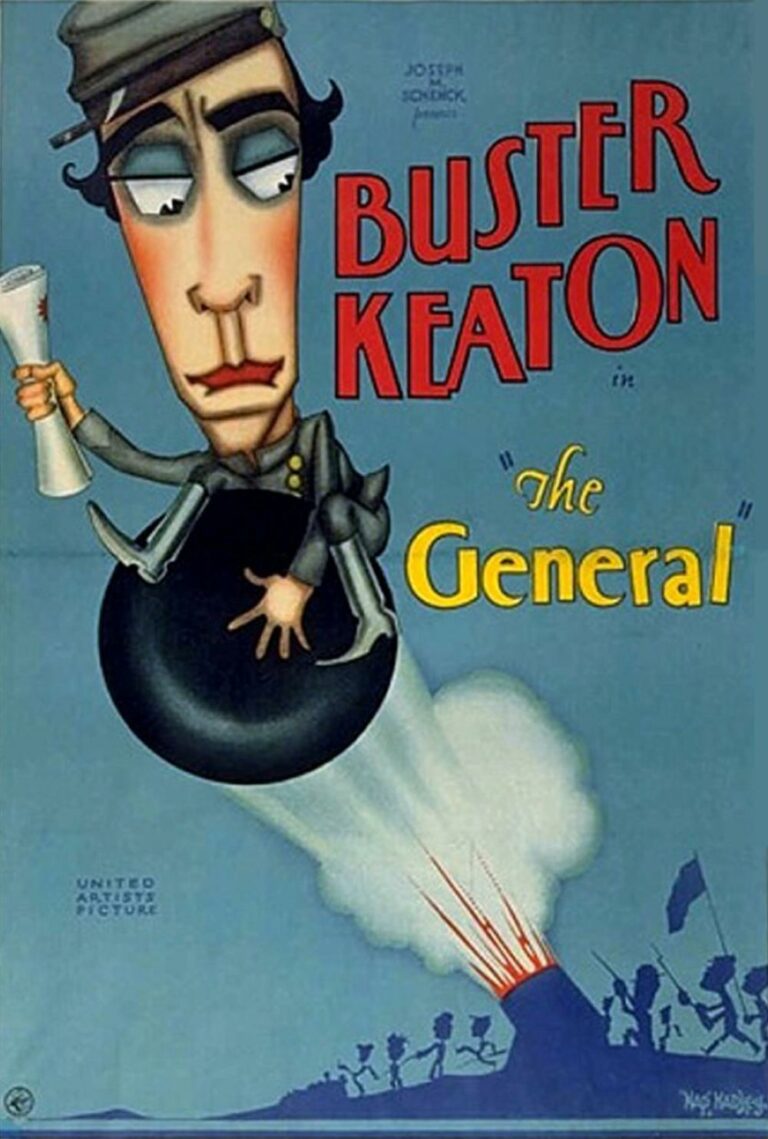
| None | Light | Moderate | Heavy | |
|---|---|---|---|---|
| Language | ||||
| Violence | ||||
| Sex | ||||
| Nudity |
Content:
Strong humanist worldview that glamorizes a gangster’s life plus a few minor moral elements & an anti-Catholic stereotype about pedophile priests; 118 obscenities & 20 profanities, mostly strong, plus two scenes with lewd gestures by child thief; borderline excessive violence such as car bomb, glimpses of man’s bloody body in car after shooting, man shoots other man in knee, & man nails man’s hands to pool table; no sex scenes but implied fornication, adultery, incest, & pedophilia in story; rear male nudity & woman in underwear hugs man who enters her bedroom; alcohol use; smoking & references to drugs; and, miscellaneous immorality such as threatening witness, trying to kill witness, burglary, robbery, & killing pet pigeons raised by criminal & his son.
More Detail:
Played by Brendan Gleeson in an overrated performance, real-life Irish crime lord Martin Cahill moves fitfully through a series of crime capers. His career begins with a bout of shoplifting as a child and ends with a major jewel heist and a theft of some famous paintings, earning Cahill the nickname of The General. The latter caper goes wrong and eventually spells Cahill’s doom.
Interspersed among these capers is a periodic visit with actor Jon Voight, who plays a composite character of all the police detectives hot on Cahill’s trail. Along the way, we get some cheap Freudian social analysis of Cahill’s character. Here, the movie hints that his criminal behavior was shaped by his experiences as a kid at a Roman Catholic reform school, where he encounters a priest who tries to abuse him sexually. Cahill strikes out at this patriarchal authority figure, as he does all the other male authority figures in the movie. Adding insult to injury, the movie then manipulates the police officials into actions that are seen as morally equivalent to the thuggish behavior of Cahill.
To a large degree, this slightly boring movie glamorizes the immoral life of Cahill. Even when an IRA gunman shoots him down after he sells a stolen painting to a pro-British loyalist group, Cahill doesn’t seem to mind the intrusion – it is just part of the risky but exciting life he is chosen for himself.
Cahill’s confrontations with Jon Voight’s Inspector Ned Kenny provide the movie’s only moral anchor, as Kenny pleads with Cahill to leave the criminal life. These scenes seem haphazard at best, however. Director John Boorman doesn’t give them any real dramatic role in the arc of his movie, other than the way in which they illuminate Cahill’s relationship with the police. Thus, when Kenny uses some methods against Cahill which are just as thuggish as some of the criminal’s, it makes little dramatic impact, although it does seem to fit the movie’s own broad, superficial attack on authority.
The foul language and one brief torture scene in THE GENERAL would be more than enough to give the movie a strong caution, but the glamorization of crime and the movie’s own apparent disdain for all forms of authority, including religious authority, makes the whole affair much worse. Also, although there are no overt or implied sex scenes of people in bed, the movie makes it clear that Cahill’s wife reluctantly but willingly approves of his affair with her younger sister. Thus, on its surface, THE GENERAL may not seem as outrageous and sick as THERE’S SOMETHING ABOUT MARY or other movies, but, underneath that surface appeal, its overall effect is just as immoral.


 - Content:
- Content: 

